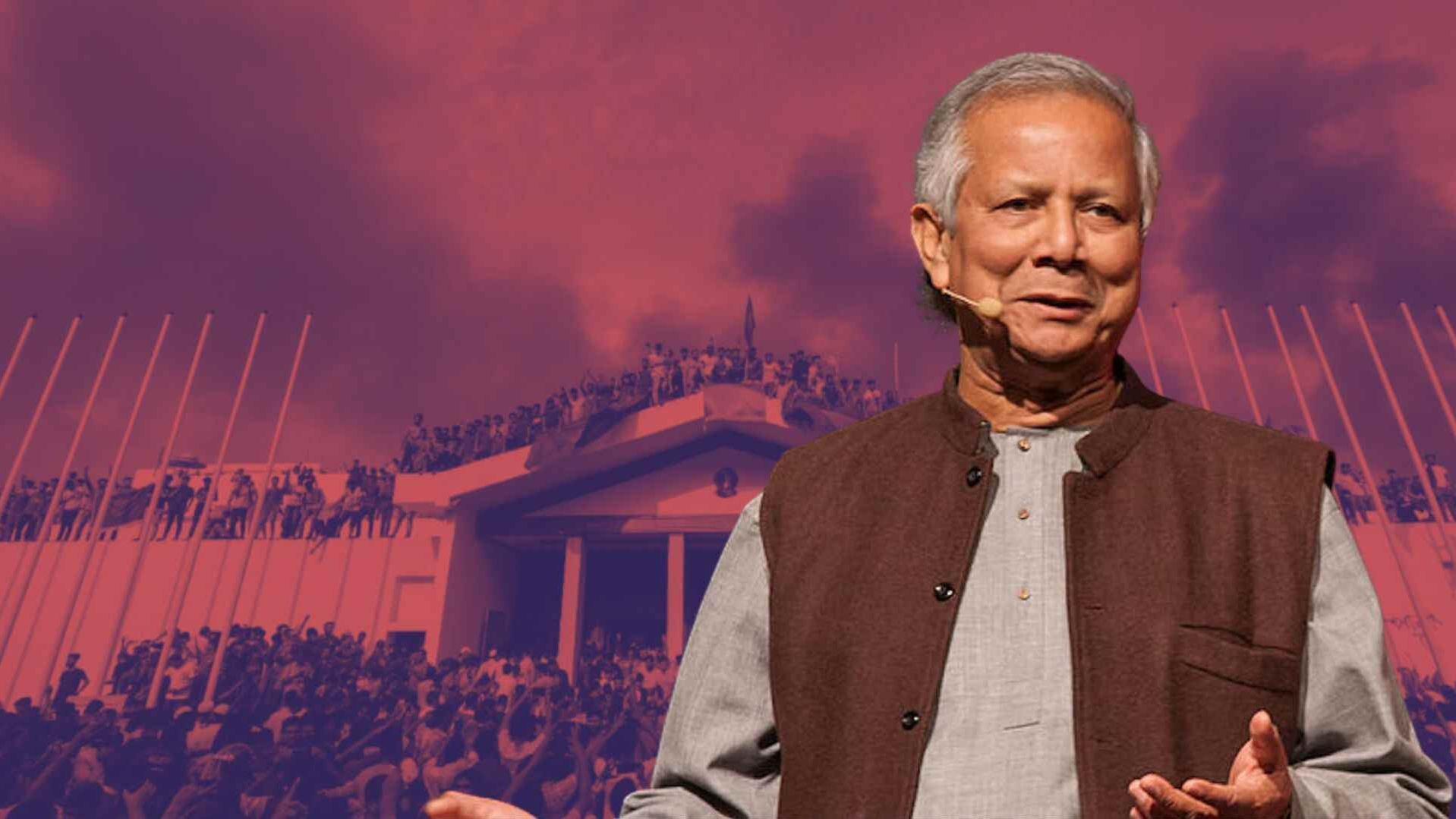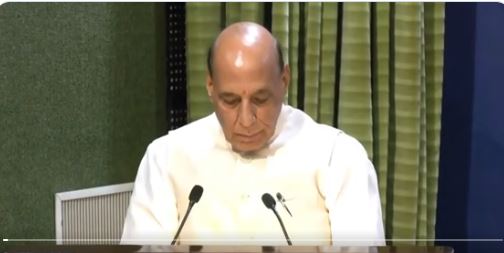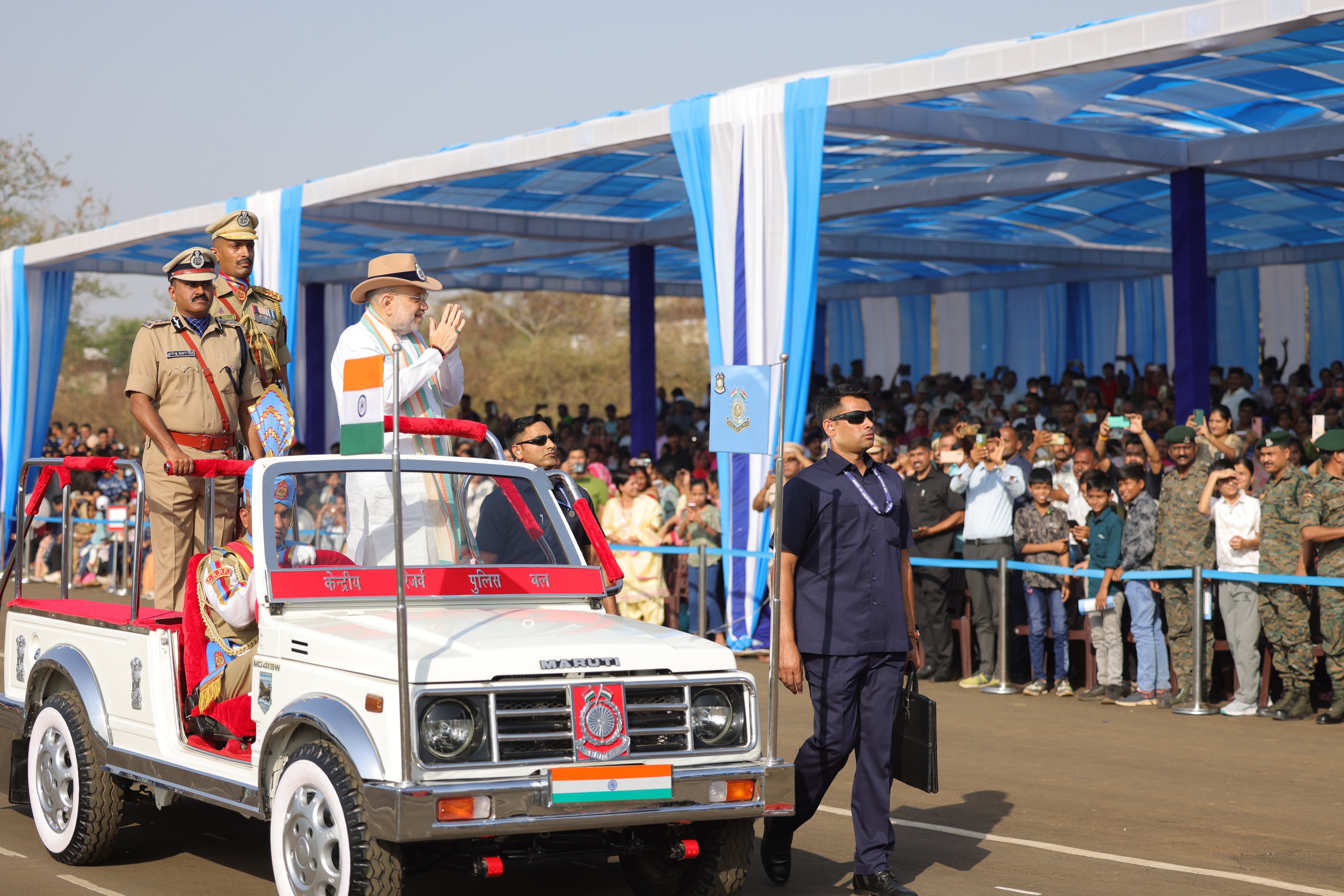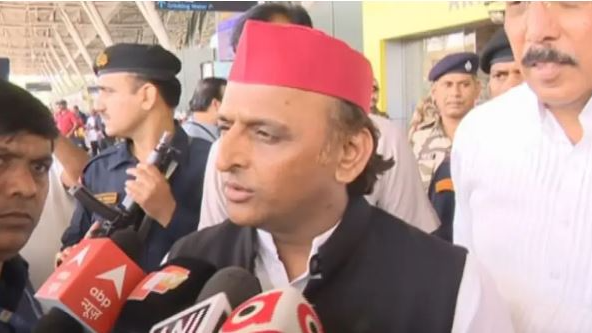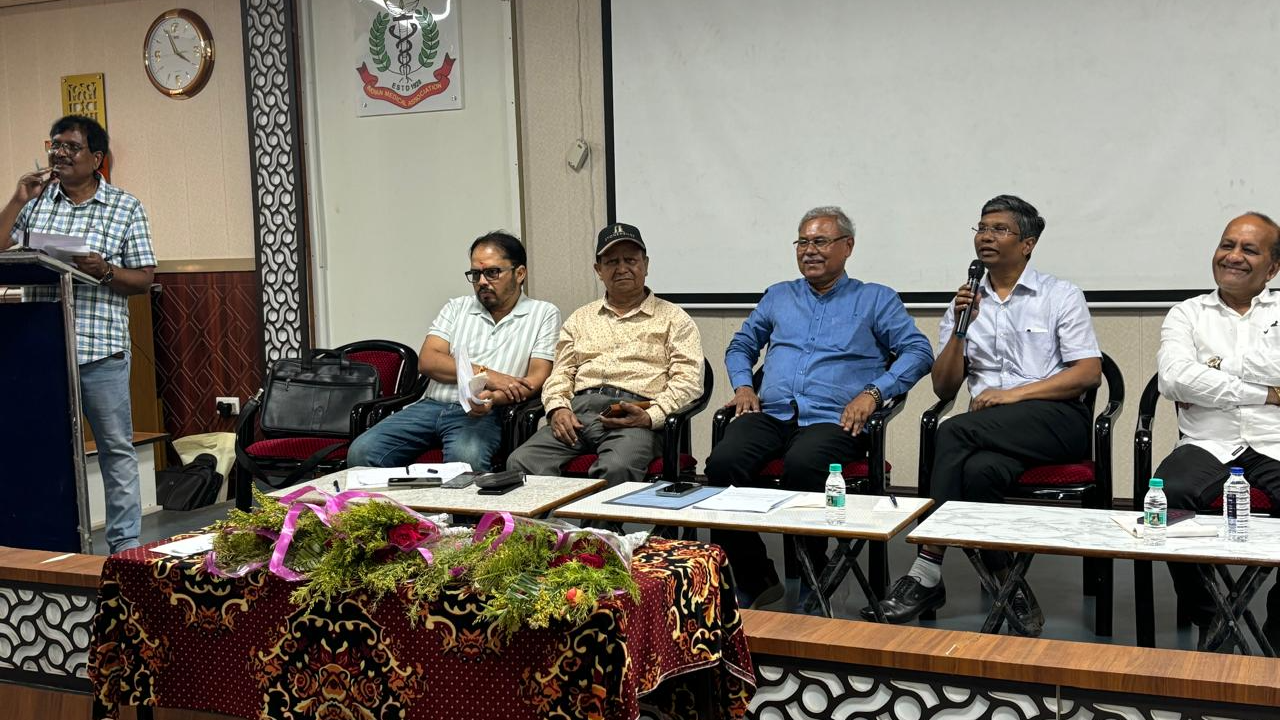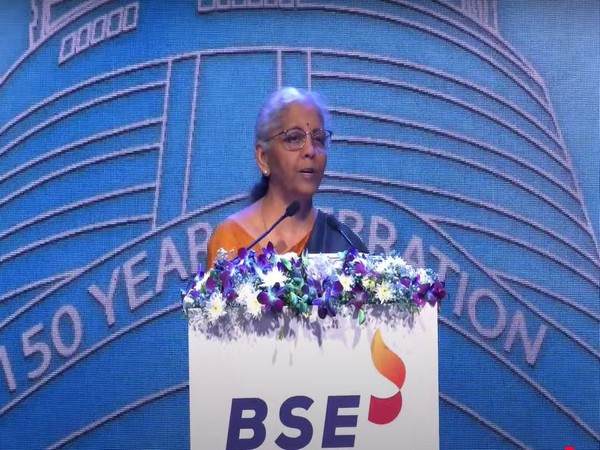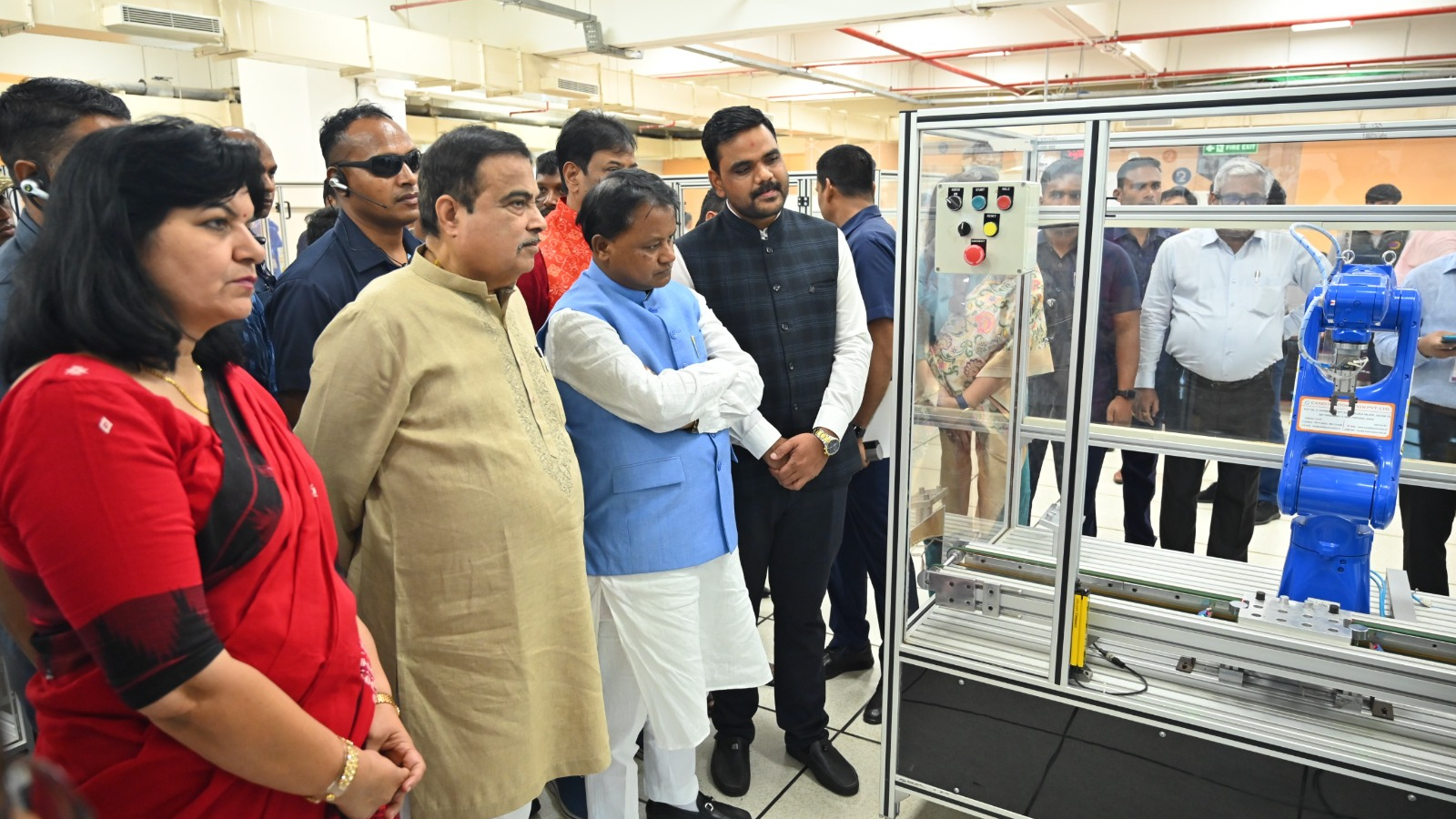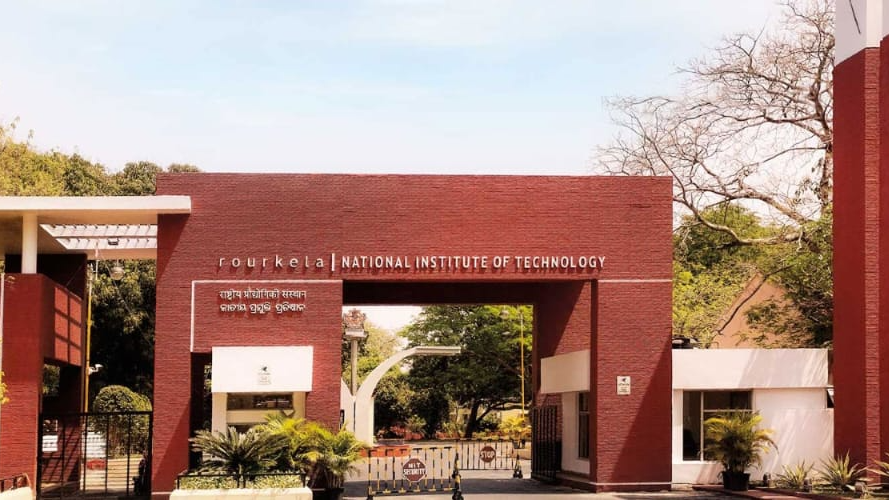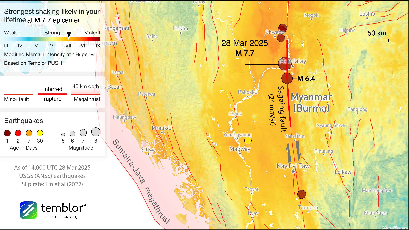India Halts Key Cargo Transit Facility for Bangladesh Exports
The Indian government cancelled a special facility that let Bangladesh send exports through India to other nations. The decision, announced via a government circular dated April 8th, effectively halts an arrangement established in June 2020 that allowed Bangladeshi goods to transit through Indian land customs stations en route to nations like Nepal, Bhutan, and Myanmar via Indian ports and airports.
The Decision
The Central Board of Indirect Taxes and Customs (CBIC) issued the circular stating the rescission of the June 2020 provision "with immediate effect." It clarified, however, that any Bangladeshi cargo that had already entered Indian territory before the announcement would be permitted to complete its transit under the old procedures. This withdrawal marks the end of a mechanism designed to streamline logistics for Bangladeshi exporters utilizing Indian infrastructure.
Context and Timing
This policy change occurs amidst a backdrop of recent developments. It came shortly after Bangladesh's Yunus called India's Northeast 'landlocked'. While the timing is proximate, the provided reports do not definitively state whether the withdrawal is a direct response to these comments.
Simultaneously, the decision coincides with the imposition of new trade tariffs by the United States on several countries, including both India and Bangladesh, adding another layer to the complex regional trade environment. The move reportedly follows pressure from domestic Indian exporters, particularly within the competitive apparel sector, who had been advocating for the revocation of this facility.
Impact and Reactions
Trade experts anticipate the withdrawal will likely benefit certain Indian industries, such as apparel, footwear, and gems and jewellery, where Bangladesh is a significant competitor. Ajay Sahai, Director General of the Federation of Indian Export Organisations (FIEO), opined that the move would free up air cargo capacity previously utilised by Bangladeshi shipments, addressing complaints from Indian exporters about limited space.
The Apparel Export Promotion Council (AEPC) had previously raised specific concerns, about daily congestion at the Delhi Air Cargo complex caused by numerous trucks arriving from Bangladesh. He argued this situation led to delays and increased air freight costs, diminishing the competitiveness of Indian apparel exports using the same terminal.
Conversely, the decision is expected to create challenges for Bangladesh. Ajay Srivastava, founder of the think tank Global Trade Research Initiative (GTRI), suggested the withdrawal is likely to disrupt Bangladesh’s third-country trade logistics, potentially leading to increased transit times, higher costs, and logistical uncertainty for its exporters who relied on the streamlined Indian route. Srivastava also noted potential concerns from landlocked neighbours like Nepal and Bhutan regarding potentially restricted transit access for their trade with Bangladesh via India. This aspect touches upon international trade norms, as both India and Bangladesh are members of the World Trade Organisation (WTO), which generally requires members to ensure freedom of transit for goods involving landlocked countries.
Balancing Interests
India's decision to withdraw the trans-shipment facility reflects a mix of domestic industry concerns and regional trade dynamics. While aimed at potentially easing logistical pressures and enhancing competitiveness for Indian exporters, the move concurrently presents new hurdles for Bangladeshi trade and may raise questions regarding transit arrangements for neighboring landlocked nations. The full impact of this policy shift on regional trade flows remains to be seen.








